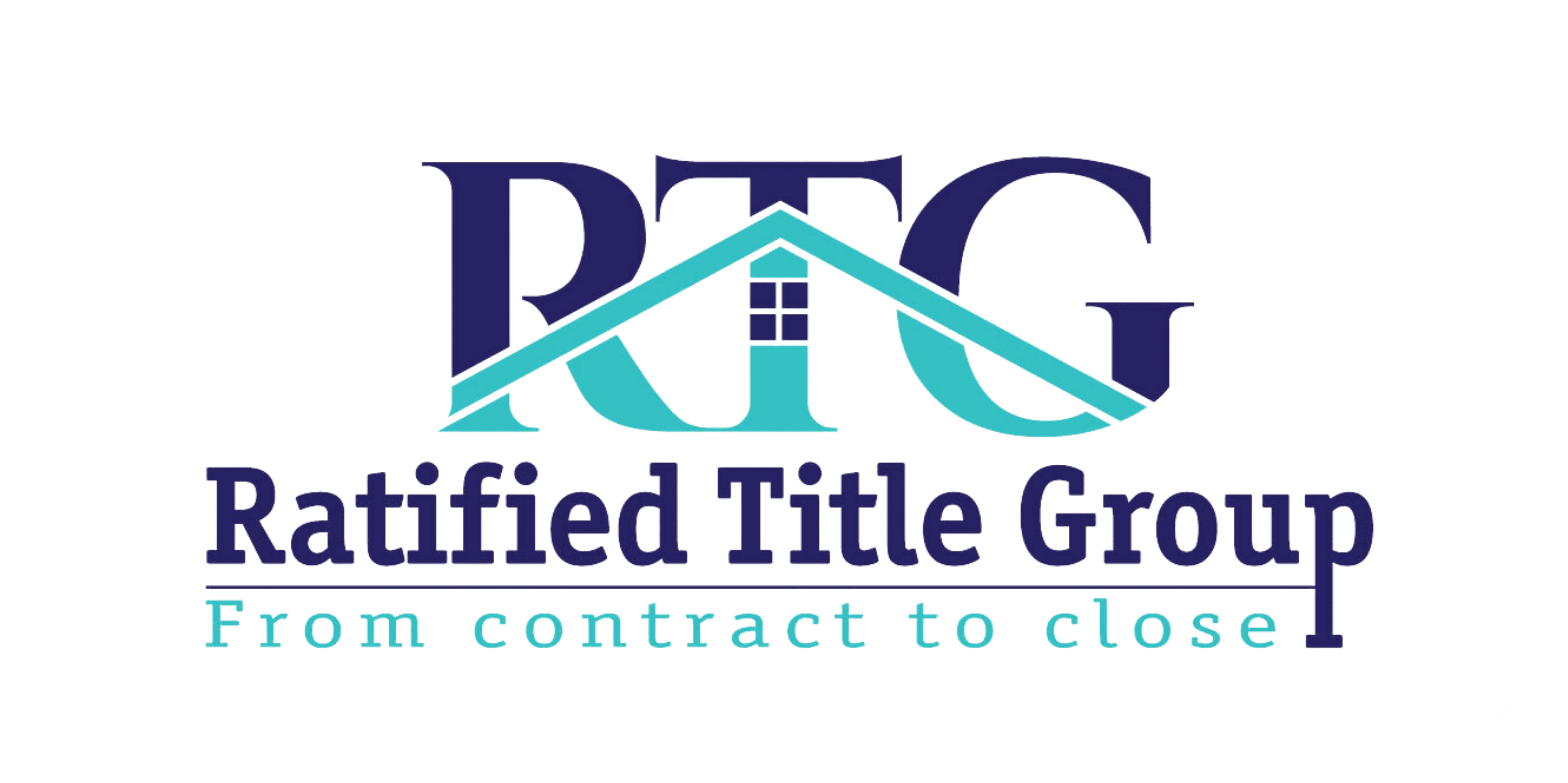Navigating the world of real estate can be daunting, especially when it comes to understanding the financial aspects of buying or selling a home. One of the most critical components of any transaction is closing costs. In this guide, we will break down the essential steps to help you comprehend and prepare for these expenses in West Virginia real estate deals.
1. What Are Closing Costs and Why They Matter
Closing costs are the fees and expenses associated with the transfer of ownership of a property. They go beyond the price of the house itself, encompassing various services required to finalize the transaction. These costs can include lender fees, appraisal fees, title insurance, and more. It’s crucial to understand that closing costs can add a significant chunk to the overall price of your new home, often ranging from 2% to 5% of the purchase price.
But why do these fees matter? Understanding closing costs is pivotal as they impact your overall budget and cash flow. Ignoring or overlooking these costs can lead to unpleasant surprises at the closing table. When you’re informed about what to expect, it not only helps you prepare financially but also enables better negotiation tactics with the seller.
2. Common Types of Closing Costs in West Virginia
In West Virginia, homebuyers should be aware of a variety of common closing costs. These can include title insurance premiums, which protect the buyer against any claims that may arise from disputes over the property’s title. Additionally, there are recording fees, which are paid to local government entities to record the sale, making it part of public record.
Another significant cost is the lender’s origination fee, which is typically a percentage of the loan amount charged by the lender for processing your loan application. Appraisal fees are also common, required to determine the market value of the property you are purchasing. It’s worth noting that these costs can vary widely, so creating a comprehensive checklist of expected closing costs is essential.
Lastly, don’t forget about prepaid costs such as your property taxes and homeowners insurance, which may be collected upfront at closing. This collection ensures that you have sufficient funds to cover these expenses as they come due. Knowing these elements can prepare you for what lies ahead.
3. How to Estimate Your Closing Costs
Estimating your closing costs can be tricky, but it’s a necessary step in your home-buying journey. Start by considering the various components that typically make up these costs. A good rule of thumb is to factor in about 3% to 6% of the purchase price as a starting point, though this is a broad estimate. Each transaction is unique, so getting specific quotes from service providers is always advisable.
To help refine your estimate, it can be beneficial to use closing cost calculators available online. Many real estate websites offer tools where you can input your home’s price and get a breakdown of various costs associated with the closing process. This can give you more accurate figures tailored to your situation.
Additionally, reaching out to your real estate agent for insights is a smart move. They typically have a wealth of experience with past transactions and can provide a more realistic picture of what to expect based on current market conditions in West Virginia.
4. The Role of Your Real Estate Agent in Closing Costs
Your real estate agent plays a vital role in navigating the closing costs associated with your property transaction. They offer not only guidance but also valuable negotiation skills that can save you money. Typically, agents will create an estimated closing cost sheet that outlines the various fees, which serves as a starting point for discussions.
Furthermore, skilled agents can often negotiate who pays for certain closing costs, whether that be the buyer or seller. For instance, they might advocate for the seller to cover some of these fees as part of the sale or ask for a credit from the seller to lower your expenses.
Beyond negotiations, real estate agents can also refer you to trusted professionals like title companies and lenders, helping you make informed choices and ensuring a smoother closing process.
5. Negotiating Closing Costs: What You Should Know
Negotiating closing costs is a common practice in real estate transactions, and understanding how to approach it can be beneficial. One of the first steps is to familiarize yourself with the typical closing costs associated with West Virginia real estate. This will give you a baseline for what’s negotiable.
When negotiating, don’t hesitate to voice your concerns about certain fees. Often, sellers may be willing to pay a portion of your closing costs, especially if they are motivated to sell quickly. Presenting your requests in a reasonable manner can go a long way.
Additionally, be prepared to provide evidence to support your case, such as comparable sales or recent appraisals that justify your request for a reduction in costs. Remember, negotiation is a two-way street, so being flexible and open to compromise can result in a win-win situation for both parties.
6. Identifying Lender Fees and Other Charges
Identifying lender fees and other charges is an essential part of understanding your closing costs. Lender fees typically include items like the application fee, credit report fee, and the lender’s origination fee. It’s crucial to thoroughly review all documentation provided by your lender to understand every fee being charged.
Many lenders will provide a loan estimate document shortly after you apply. This document outlines all expected costs, which offers you the opportunity to compare different lenders. If you notice unfamiliar fees or believe certain charges are excessive, question them. A reputable lender will be transparent about their fees and willing to clarify any concerns.
It’s essential to realize that lender fees can vary significantly from one institution to another. Shopping around for lenders and asking for a detailed breakdown of costs can help you secure the best possible deal.
7. Understanding Title Insurance and Its Importance
Title insurance is a crucial aspect of real estate transactions, especially in West Virginia. This form of insurance protects property owners and lenders from potential disputes over ownership or rights to the property. When you purchase a home, you want to ensure that you have clear title, meaning no other parties have valid claims against the property.
Title insurance premiums are a closing cost that many buyers may overlook. However, the peace of mind it provides is truly invaluable, safeguarding you against legal issues that can arise from past ownership disputes. This coverage often lasts as long as you or your heirs hold an interest in the property.
When purchasing title insurance, it’s important to shop around. Different companies may offer varying premium rates and services. By comparing these options, you can choose the best coverage that fits your needs and budget.
8. Preparing for the Closing Day: A Checklist
Preparing for closing day requires careful planning and organization. It’s essential to make a checklist of items you need to bring with you to the closing table. First and foremost, ensure you have a valid ID, as this is required to verify your identity during the transaction.
Additionally, gather all necessary documents, including your loan documents, the purchase agreement, and any additional paperwork your lender has provided. These will be crucial in ensuring a smooth closing process.
Don’t forget to account for funds you may need to bring—this can include a cashier’s check or proof of wire transfer for your closing costs or down payment. Lastly, take a moment to review the closing disclosure provided by your lender at least three days before closing. This document outlines your closing costs and final loan terms, ensuring you’re prepared and informed as you finalize the purchase of your new home.



